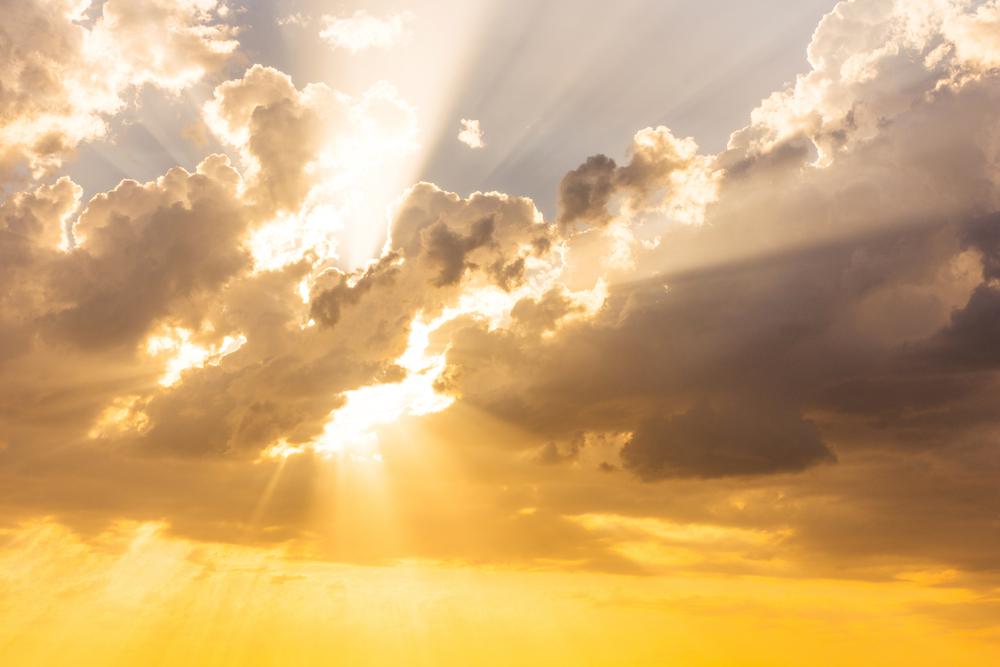
Dear Colleagues,
In my morning davenning I've been aware of the passages that have been standing out for me this week. I'm not always "right on time" for morning minyan, but with virtual minyanim eliminating my commute/excuse, I've been early enough to recite and notice the line in Psalm 30, "בערב ילין בכי ולבקר רינה."
With this line, I've thought about the sudden shifts in our lives, the dramatic daily change in mood and expectation that characterize this collective moment in global experience. A healthy worldwide economy that is now in recession. Reliable jobs shrinking or disappearing. Classes disrupted and graduations cancelled. Weddings and b'nai mitzvah celebrations postponed or radically transformed. Our social lives and our daily routines completely overturned. None of us are doing this week what we expected to be doing at this time last week or the week before.
As I've spoken with colleagues around the world in recent days, what is remarkable is how we have responded to this upheaval -- with flexibility, creativity, and tremendous caring. Hundreds of communities have moved prayer, study, and engagement efforts to online, virtual environments. Phone trees and care committees have reached out to our elders and our vulnerable populations. We are creating new halakhah and minhagim daily. We are piloting and experimenting and counseling and leading and discovering.
And we are exhausted. This is a sprint that has the makings of a marathon. We need to breathe this Shabbat. We need to stop and reflect as we are davenning in our homes or our livestreaming communities. We need to reconnect with our families. We need to gather strength for the week ahead.
Our verse from Psalm 30 reminds us of the potential for transformation. Night turns to day; weeping turns to joy. We cannot know what tomorrow will bring. We can face it with dread, or, as the psalm suggests, with expectation. Seeing our colleagues in action fills me with hope.
Concluding ספר שמות this week should remind us of such possibility. An enslaved and impoverished people is free, has experienced miracles, has encountered God at Mount Sinai, and has worked together to build a משכן which is now filled with God's immanent presence. In the space of just a few dozen columns in the Torah, a people and a world has been transformed. Is it any wonder we are an optimistic people, and that we rabbis are the Chief Optimism Officers for that people.
I suggest that, whatever our form of private or public Torah study this week, as we complete this book of the Torah we ensure that we recite the words חזק חזק ונתחזק. May they help us celebrate the work we have each done to connect and inspire in the past week, and give us collective strength for the days to come.
Shabbat Shalom!
Jacob Blumenthal
